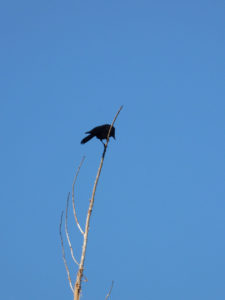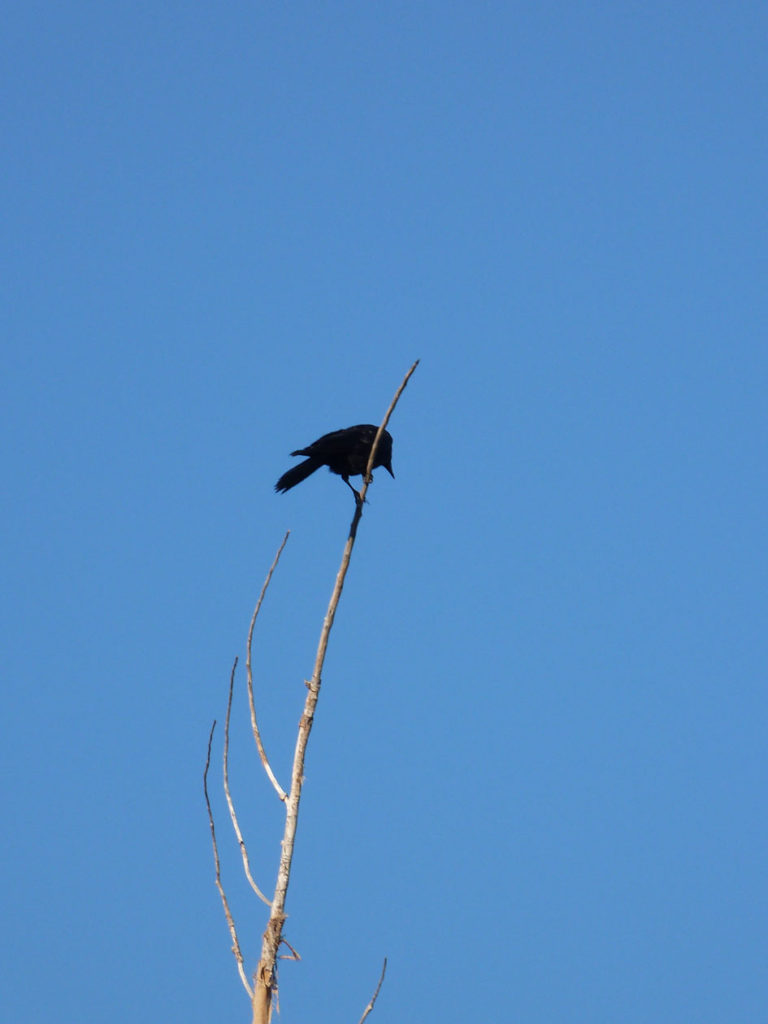#17 ABSENCE IN THE FOREGROUND: “Six Months of Slippery Moments”

In the past year I’ve gone back to studying my way through enormous dharma texts, turning myself back into the Buddhist scholar I never intended on being. I took on the task of writing what became an epic, out of control book on the life of Buddhist saint Tilopa, but morphed into an account of the evolution, methods, and philosophy of Buddhist tantra (known as vajrayana), especially in how it gestated in India.
I’m saying this (& eventually I’ll render some account of that task as a writer in this space) because it drains away my energy as a poet. If I have to read a nine hundred page book on mahamudra, I’m not going to be reading much poetry or fiction, at least not with a life and a job, etc, etc. Reading creative literature leads to creating it for the average artist in the written word. It becomes a mothersource of ideas, phrasing, images, which is not how very familiar religious jargon tends to land with me, nor extensive endnotes, oddly translated vocabulary that I can’t find in the glossary, and all the kinds of things the scholar must march through on the way to illumination of the subject.
Am I complaining? Yes, or, well, the poet is complaining. But still, after all these years of choking off the creative process through assiduous scholarly effort, I still eke out bits and pieces, and my mind will put them together if you give it half a chance, or maybe a couple of rum and cokes.
Thus, paging back through my little notebook for its haikus, quotations, possibly successful mini-poems, insights out of nowhere, and fragmented existential ejaculations, I saw what got produced by the poet in me occasionally showing up. Excising the fully unusable bits, I found enough of what I liked to string together a meager six month accumulation and call it “a poem.”
You could kvetch that I made no attempt to write a “coherent piece,” addressing my theme of love or loss or the depredations of late-period capitalism or snow in New Hampshire. What you get instead amounts to a chronology of the discontinuous fragments of mind momentarily captured from its on-going stream, its glints and flashes. But, hey, maybe these are the only things that rose to poetry, or at least that I found words for that manage to retain their light.
You may object that I’ve included quotes from other poets, and why don’t I write my own poem? Here’s where the whole project of collecting the fragments becomes a little more compelling, if you ask me. Why did my mind land here, in these disparate places? For that matter, what drew it to say what it had to say in the course of these six months? I’m not providing any grocery lists or detailed notes on my case history. The haiku, in true to haiku-spirit, find bright, simple moments amid the undertow of emotions that are explainable–or not. Sometimes poetry has to inform on the ordinary and completely familiar for it to be seen at all; and sometimes it’s trying to inform you on what can’t be easily said, or on what has no words at all. Here, it’s absence that’s advanced to the foreground.
SIX-MONTHS-OF-SLIPPERY-MOMENTS-1


1974 Seminaary
I received a letter from Ken a friend who was getting his Ph.D with Professor Guenther in Canada. It had a line quoting Tilopa —- his last instructions to Naropa. Rinpoche’s translation: “Rest loose your mind in the primordial unchanging.”
It’s always available.
And how is that epic book on the Vajrayana coming? 😊🤔
Most of three volumes is done. The last big topic I’ve got to study is mahamudra, and I’m doing that now with some renewed energy. After that I’ll have to finally read the commentary volumes all the way through and correct them, and then write conclusions. That’ll only leave one more book with the really interesting topics of Tilopa’s path and the taming and training of his students. I’ve been looking forward to that one. I’m much happier when there are stories and a lot of images. I’ve had to write a lot of flat, scholarly descriptions. There’s a saying in Korea, “Beyond the mountains are more mountains.”